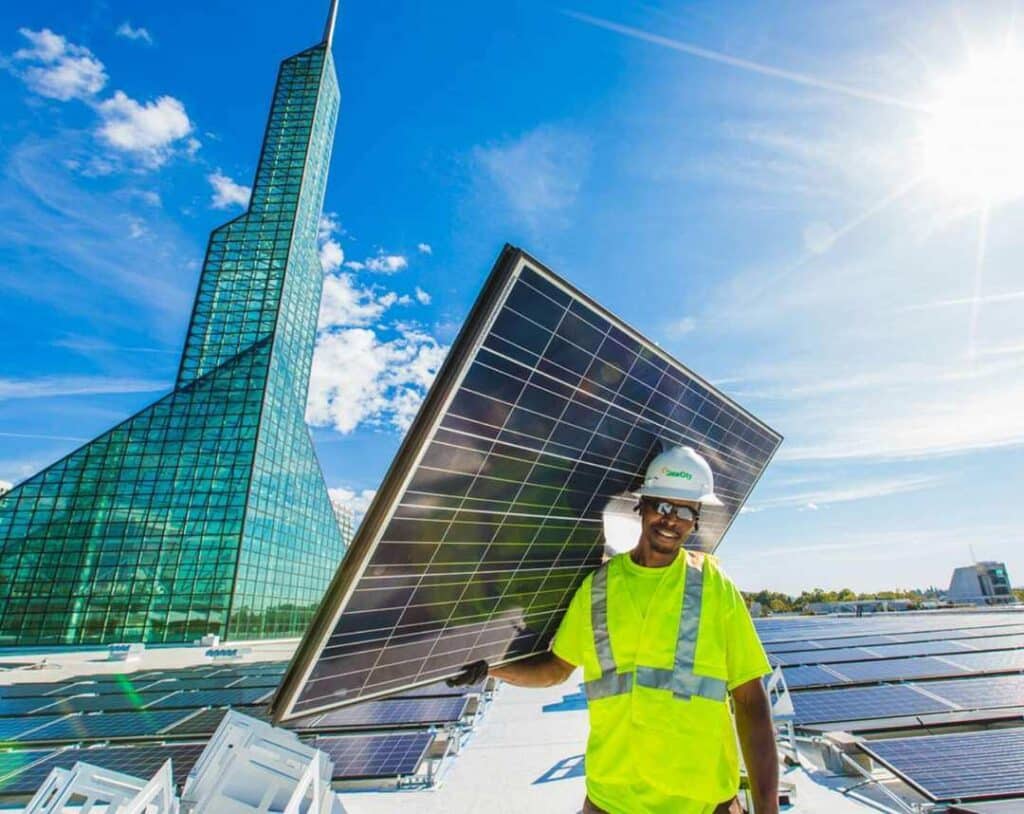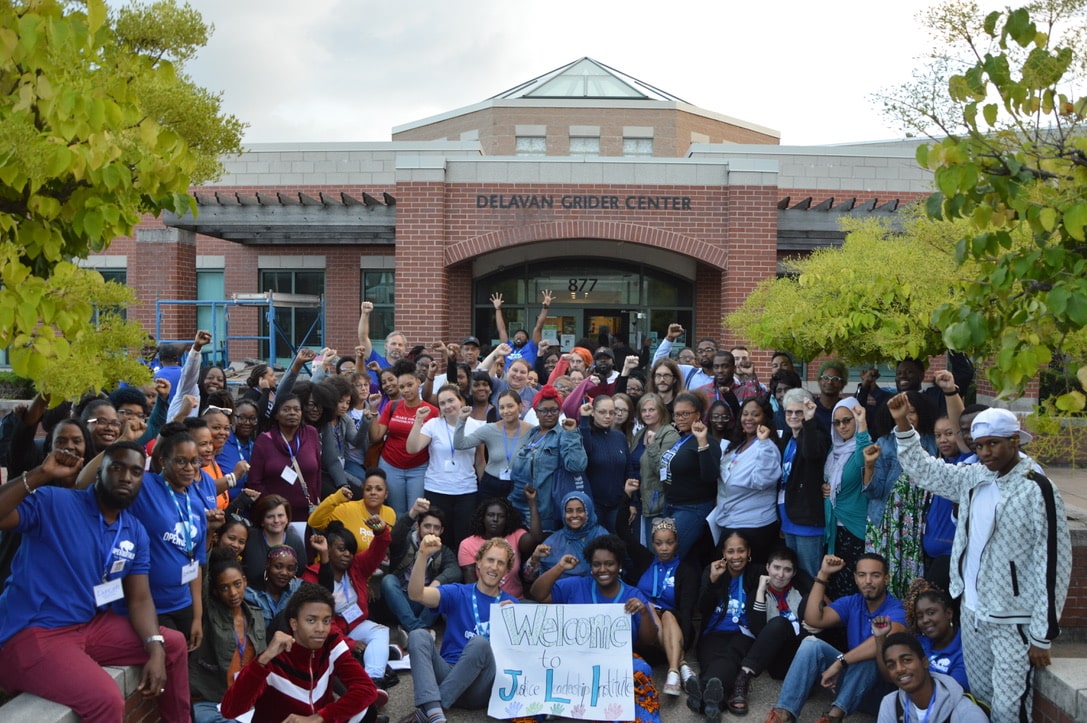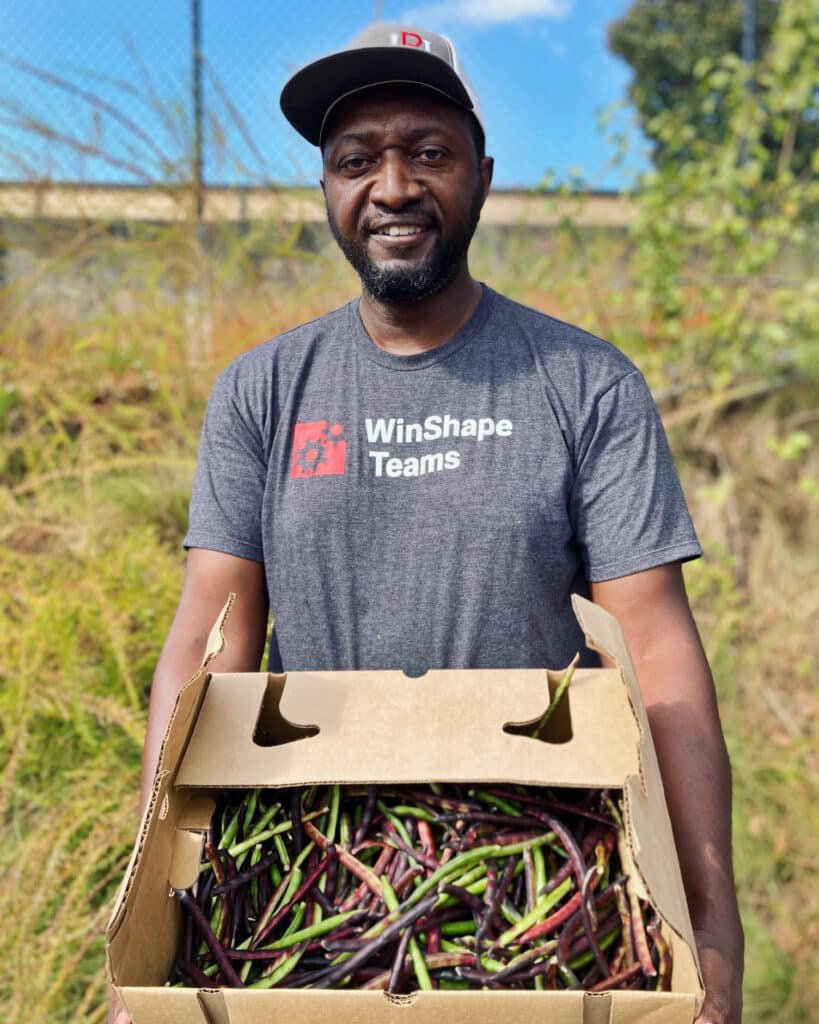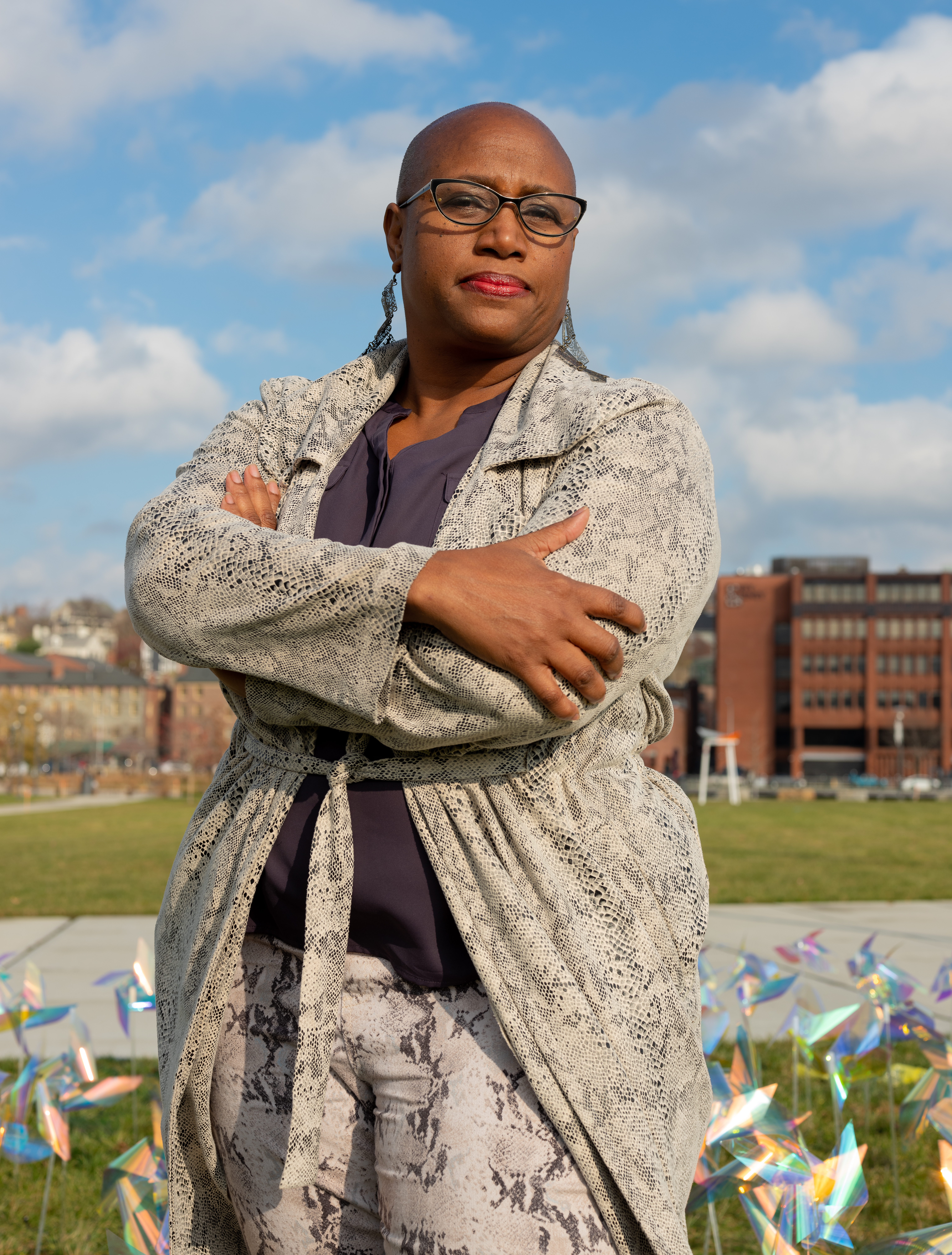
The Justice40 Accelerator: Addressing Funding Inequities
By the Partnership for Southern Equity
The Partnership for Southern Equity (PSE) is an Atlanta-based nonprofit that advances policies and institutional actions that promote racial equity and shared prosperity for all in the growth of metropolitan Atlanta and the American South. Through forums, research, and organizing efforts, PSE brings together the regional community to lift up and encourage just, sustainable, and civic practices for balanced growth and opportunity.
Q: Can you tell us about the Justice40 Accelerator and its goals?
The Justice40 Accelerator was conceived in 2021 as a partnership between Elevate, Groundswell, Hummingbird, Partnership for Southern Equity, and The Solutions Project to support organizations that are on the front lines of addressing the environment and social injustices in their communities. It is designed to position underfunded organizations to become more competitive in the deployment of federal funds that have historically been biased towards large and white-led organizations.
Currently we support 101 environmental and climate justice organizations that are primarily Black, Brown, and Indigenous-led across 35 states and U.S. territories, with projects that span across many issues including, but not limited to clean energy, climate resilience hubs, green infrastructure, land conservation, sustainable agriculture and food justice, and workforce development.
Our ultimate goals are:
- Support community-based organizations in building capacity and readiness to access government funding.
- Utilize data to expose the reinforcing loops of structural racism built into the government contracting and procurement system.
- Ultimately, shift government climate and energy funding programs to be equity-focused, and accessible to Black and historically disinvested communities of color.


Q: Through the Justice40 Accelerator, what changes have you seen in the environmental movement?
Funds are flowing. $10,913,478 in federal, state, and philanthropic funding and technical assistance has been awarded to 19 participating organizations and many more are pending. Community-based organizations participating in the Justice40 Accelerator are growing their networks and access to state/federal agencies, technical assistance providers, and larger values-aligned organizations. Lastly, the Justice40 Accelerator has also connected agency officials with program participants to uplift community voices, needs, and stories of successes and frustrations in accessing government funds.
Q: What steps have you taken as a part of this project to increase the awareness of the Justice40 Initiative in disadvantaged communities?
In 2021, we, along with the other Justice40 Accelerator core partners, hosted 19 virtual listening sessions where we heard from frontline community leaders. Through this national listening series, we heard from frontline community leaders about their organizational needs to achieve their community goals, and shared information about the federal Justice40 Initiative.
After we launched the Justice40 Accelerator, we hosted five conversations with program participants and federal agency officials where participants shared their lived experiences facing barriers to access, stories of exclusionary practices, as well as recommendations that would help address systemic racism. Community leaders directly expressed to agency officials that funding, not just technical assistance, is imperative to formulate projects that can successfully compete for federal resources.
Q: How have you addressed the intersectionalities and differences of the 52 organizations you support on this project?
We recognize the critical nature of holding two concurrent realities, which means honoring what is inclusively collective and what is diversely unique about each of the organizations and their staff. We can be strategic and data-driven in responding to the broad patterns or alignment we see across various projects and organizations, but we also know that right-sizing community-centered support means that we cannot be prescriptive or rigid, nor lose the irreplaceable humanity of this work. This means making space to meet organizations where they are, listen deeply, bring forward resources with permission, and to move at the speed of relational trust.


Q: What new findings have you learned through the Justice40 Accelerator?
The learnings from the Justice40 Accelerator have deepened our understanding of this critical work and our recognition that a transformative long game will not be solved in one cycle. Generational inequities will require generational investment. So we recognize that as the Justice40 Accelerator is addressing centuries old inequities in resource distribution and access to federal, state, and local funding, we are one program model among several, and we’re seeking to build bridges to those with aligning values and missions. Engaging and positioning community-based organizations to successfully navigate the funding system requires information, resources, and a broad set of partnerships.

Learn more about the Partnership for Southern Equity by visiting their website at www.psequity.org.
